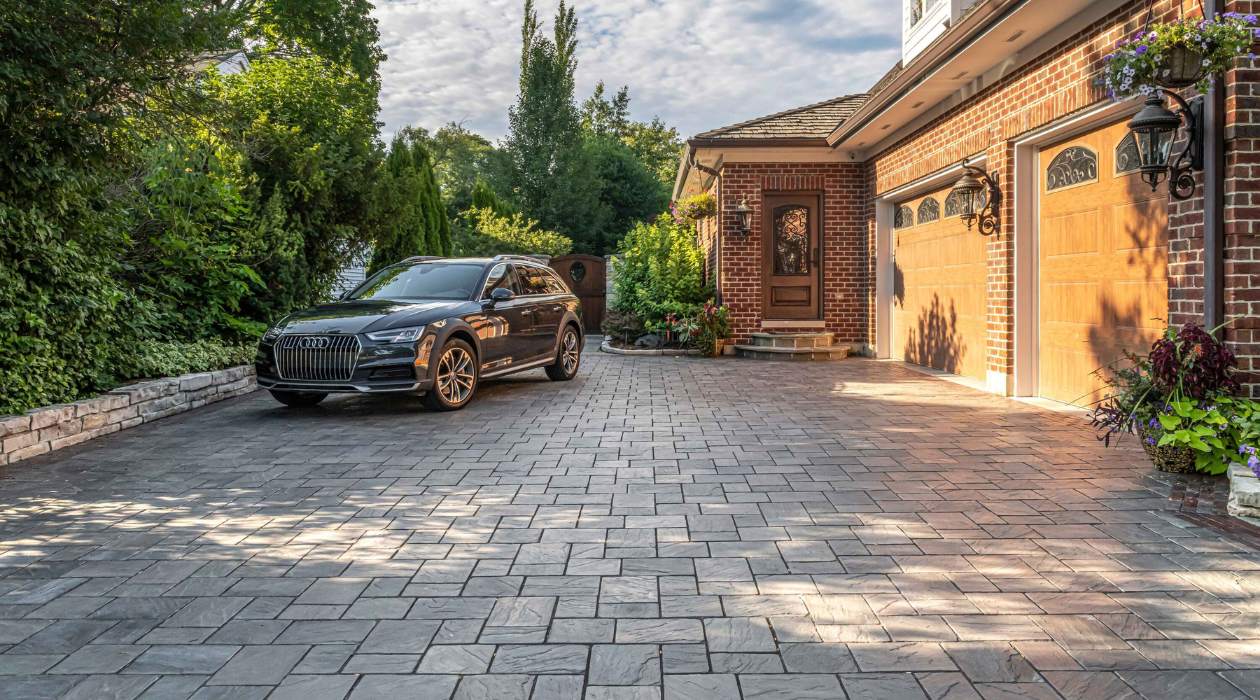

Articles
What Is A Paver Driveway
Modified: February 28, 2024
Learn everything you need to know about paver driveways with our informative articles. Get expert advice and tips for a beautiful and durable driveway.
(Many of the links in this article redirect to a specific reviewed product. Your purchase of these products through affiliate links helps to generate commission for Storables.com, at no extra cost. Learn more)
Introduction
A paver driveway is a popular choice among homeowners looking to enhance the curb appeal and functionality of their property. With its versatility, durability, and aesthetic appeal, a paver driveway offers numerous advantages over traditional concrete or asphalt driveways.
Unlike a solid surface driveway, which is typically made from a single material like concrete or asphalt, a paver driveway is created using interlocking individual units called pavers. These pavers come in a variety of shapes, sizes, colors, and textures, allowing homeowners to customize their driveway to suit their personal style and preference.
Not only does a paver driveway offer a visually appealing addition to your property, but it also provides practical benefits. With its interlocking design, a paver driveway can distribute weight evenly, making it more resistant to cracking or shifting. This durability is particularly advantageous in regions with extreme weather conditions or heavy vehicles.
Furthermore, the installation process of a paver driveway is relatively straightforward, making it a popular choice for both DIY enthusiasts and professional contractors. The versatility of pavers allows for easy customization, allowing homeowners to create unique patterns or designs that complement the overall aesthetic of their home.
In this comprehensive guide, we will delve deeper into the world of paver driveways. We will explore their definition, the benefits they offer, the types of pavers available, the installation process, and the ongoing maintenance required to keep your driveway looking its best. Additionally, we will address the cost considerations associated with a paver driveway, ensuring you have a complete understanding of this popular driveway option.
So, whether you are considering a paver driveway for your new home or planning to replace your existing driveway, this article will provide you with all the essential information you need to make an informed decision.
Key Takeaways:
- Paver driveways offer enhanced curb appeal, durability, and easy maintenance. With a variety of paver options available, homeowners can create unique designs that complement their property’s aesthetic while enjoying the benefits of easy upkeep and long-term value.
- The installation process of a paver driveway involves careful planning, excavation, and precise execution. While DIY enthusiasts can tackle the project, hiring a professional contractor is recommended for a seamless and long-lasting installation. Proper maintenance, including regular sweeping and weed control, can help preserve the driveway’s appearance and functionality over time.
Read more: How To Clean A Paver Driveway
Definition of a Paver Driveway
A paver driveway is a type of driveway construction that uses individual units called pavers to create a solid surface. These pavers are typically made from materials such as concrete, clay, stone, or brick and are available in various shapes, sizes, colors, and textures. They are designed to interlock with each other, creating a strong and durable surface for vehicles to drive on.
Unlike traditional driveways, which are constructed using a single material like concrete or asphalt, a paver driveway is assembled by laying down each paver individually. This allows for more flexibility in terms of design and customization. Homeowners can choose from a wide range of paver options to create unique patterns, colors, and textures that match their personal preferences and complement the overall aesthetic of their property.
One of the key characteristics of a paver driveway is its interlocking system. Each paver is designed to fit snugly together with its neighboring pavers, creating a strong and stable surface. This interlocking design helps to distribute weight evenly across the driveway, preventing individual pavers from cracking or shifting under the pressure of vehicles.
Paver driveways also offer excellent drainage capabilities. The small gaps between the pavers allow rainwater to permeate the surface and drain into the ground, reducing the risk of flooding or water pooling on the driveway. Additionally, if any individual paver becomes damaged or stained, it can be easily replaced without the need to redo the entire driveway.
Overall, a paver driveway is a versatile and attractive option for homeowners who are looking to enhance the aesthetic appeal and functionality of their property. It offers durability, customization options, and easy maintenance, making it a popular choice for both residential and commercial properties.
Benefits of a Paver Driveway
A paver driveway offers a range of benefits that make it a desirable choice for homeowners. From its aesthetic appeal to its durability and easy maintenance, here are some key advantages of installing a paver driveway:
- Enhanced Curb Appeal: A paver driveway instantly adds visual appeal and value to your property. With a variety of paver options available, you can choose a style that complements the architectural design of your home or creates a unique focal point in your driveway.
- Customization Options: Pavers come in various shapes, sizes, colors, and textures, allowing you to create a truly unique and personalized driveway. You can mix and match different pavers to design custom patterns, borders, or even incorporate different materials to create a one-of-a-kind look.
- Durability: Paver driveways are known for their strength and durability. The interlocking design of the pavers helps distribute weight evenly, making the driveway less prone to cracking or shifting. This makes it an ideal choice for areas with heavy vehicle traffic or regions with freeze-thaw cycles.
- Easy Maintenance: Maintaining a paver driveway is relatively simple. If a paver becomes stained or damaged, it can be easily replaced without affecting the overall integrity of the driveway. Regular sweeping and occasional pressure washing help keep the surface clean and free from debris.
- Excellent Drainage: Paver driveways offer superior drainage capabilities compared to solid surface options like concrete or asphalt. The small gaps between the pavers allow rainwater to permeate through and drain naturally, reducing the risk of water pooling or surface deterioration.
- Environmentally-Friendly: Pavers are an eco-friendly choice for driveways. The permeable nature of the pavers allows water to infiltrate into the ground, replenishing groundwater reserves. Additionally, many pavers are made from recycled materials, reducing the environmental impact.
- Flexibility: Paver driveways are highly flexible and can adapt to changes in the ground over time. The interlocking design allows for slight movement and shifting without compromising the integrity of the driveway. This makes them ideal for areas with unstable soils or regions prone to seismic activity.
- Increased Property Value: Installing a paver driveway can significantly enhance the value of your property. Potential buyers are often attracted to homes with well-designed and visually appealing driveways, making it a worthwhile investment for the long term.
With these numerous benefits, it is no wonder that paver driveways are a popular choice among homeowners who want to combine functionality with aesthetic appeal. Whether you are looking to upgrade your existing driveway or starting from scratch, a paver driveway offers a range of advantages that make it a worthwhile choice.
Types of Pavers
When it comes to choosing pavers for your driveway, you have a wide range of options available. Each type of paver offers its own unique characteristics in terms of material, texture, color, and style. Here are some of the most popular types of pavers used for driveways:
- Concrete Pavers: Concrete pavers are a versatile and cost-effective option for driveways. They are available in various shapes, sizes, and colors, allowing for endless design possibilities. Concrete pavers offer durability, are easy to maintain, and can be customized to match different architectural styles.
- Clay Pavers: Clay pavers are a classic choice for driveways, known for their timeless beauty and rich natural color. They are made from high-quality clay and fired at high temperatures, resulting in a highly durable and long-lasting option. Clay pavers exude a sense of elegance and create a warm, inviting feel for your driveway.
- Natural Stone Pavers: Natural stone pavers, such as granite, limestone, or travertine, offer a luxurious and high-end option for driveways. Each stone has its own unique texture, color variations, and natural beauty. Natural stone pavers provide a sophisticated and organic look, enhancing the overall aesthetic appeal of your driveway.
- Brick Pavers: Brick pavers are a classic and timeless choice for driveways. Their charming and rustic appearance adds character to any property. Brick pavers are available in different colors and styles, such as traditional bricks or interlocking pavers, allowing for customization and flexibility in design.
- Permeable Pavers: Permeable pavers are an eco-friendly option that promotes proper water drainage and groundwater recharge. Made from various materials, including concrete or recycled materials, permeable pavers have a unique design that allows rainwater to infiltrate the ground, reducing the risk of surface runoff and water pooling.
- Rubber Pavers: Rubber pavers are a durable and slip-resistant option for driveways. Made from recycled rubber, these pavers offer excellent shock absorption, making them particularly popular in areas where safety and impact resistance are essential, such as playgrounds or sports courts.
Each type of paver has its own advantages and unique characteristics. Consider factors like your preferred style, budget, durability requirements, and maintenance preferences when selecting the right pavers for your driveway. It is also worth consulting with a professional contractor or paver supplier who can guide you in choosing the best option for your specific needs and preferences.
When installing a paver driveway, make sure to properly prepare the base by excavating and compacting the soil, adding a layer of gravel, and using edge restraints to prevent shifting. This will ensure a durable and long-lasting driveway.
Installation Process of a Paver Driveway
Installing a paver driveway requires careful planning, proper preparation, and precise execution. While it is possible for experienced DIY enthusiasts to tackle the project themselves, it is often recommended to hire a professional contractor for a seamless and long-lasting installation. Here is a general overview of the installation process for a paver driveway:
- Design and Planning: Start by designing your driveway layout and determining the pattern or design you want to achieve. Consider factors such as the shape and size of your driveway, any curves or turns, and the overall aesthetic you want to achieve. Take accurate measurements and create a scaled drawing to guide the installation process.
- Excavation: Prepare the area by excavating the existing driveway or any vegetation. Dig down to a sufficient depth, considering the thickness of the pavers, a bedding layer, and any necessary slope for proper drainage. Use a compactor to ensure a firm and level base.
- Edge Restraints: Install edge restraints along the perimeter of the driveway to hold the pavers in place. These can be made of plastic, metal, or concrete and will help prevent any shifting or spreading of the pavers over time.
- Base Material: Apply a layer of base material, typically consisting of crushed stone or gravel, to create a stable and well-draining foundation for the pavers. Compact the base layer to ensure it is firm and even. The depth of the base material will depend on the specific requirements of your project and the soil conditions in your area.
- Sand Bedding: Spread a layer of coarse sand over the compacted base material. This sand bedding layer will help level the surface and provide a cushioning layer for the pavers. Use screed boards or pipes to level the sand and create a uniform thickness throughout the driveway.
- Paver Installation: Start laying the pavers according to the desired pattern or design. Begin from a fixed point, such as an edge or a straight line, and work your way out. Tap each paver with a rubber mallet to ensure a secure and level fit. Use a string line or level to maintain consistent alignment and slope as you go.
- Cutting Pavers: Use a wet saw or a chisel and hammer to cut any pavers that need to fit into smaller or irregular spaces, such as along the edges or around curves. Make careful and precise cuts to ensure a clean and professional-looking finish.
- Jointing Sand: Once all the pavers are laid, spread jointing sand over the surface. Use a broom to sweep the sand into the gaps between the pavers, ensuring that the joints are adequately filled. This sand will help stabilize the pavers and prevent them from shifting.
- Compact and Seal: Finally, use a plate compactor to gently compact the entire surface, ensuring that the pavers are firmly in place. This step helps to ensure stability and further secure the interlocking system. If desired, you can also apply a sealant over the pavers to enhance their color and protect them from staining or fading.
It is important to note that the installation process may vary depending on the specific paver type, the design complexity, and the soil conditions of your property. It is recommended to consult a professional contractor or refer to manufacturer guidelines for specific installation instructions and best practices.
By following these steps and ensuring proper preparation and installation, you can enjoy a beautiful, durable, and long-lasting paver driveway that adds value and aesthetic appeal to your property for years to come.
Read more: How To Install Driveway Pavers
Maintenance and Care for Paver Driveways
Maintaining a paver driveway is relatively simple and can help prolong its lifespan and keep it looking beautiful. Regular maintenance and proper care can prevent damage, staining, and the growth of unwanted vegetation. Here are some essential maintenance tips for paver driveways:
- Sweep Regularly: Sweep your paver driveway regularly to remove leaves, dirt, and debris. This prevents them from settling in the joints between the pavers and causing weed growth or staining.
- Remove Weeds and Moss: Periodically inspect your driveway for any weeds, moss, or grass that may start growing between the pavers. Use a weed killer or manually remove them to prevent them from taking root and causing damage.
- Pressure Washing: Depending on the level of dirt or stains, a periodic pressure washing can help remove built-up grime and renew the appearance of your paver driveway. Use a mild detergent or specialized paver cleaner and follow the manufacturer’s instructions for best results.
- Resealing: If your paver driveway has been sealed, it is recommended to reseal it every few years to maintain its protective layer and enhance its longevity. Sealing can help prevent staining, fading, and the growth of moss or algae. Consult the manufacturer’s recommendations and choose an appropriate sealer for your specific paver material.
- Repairing Damaged Pavers: Inspect your driveway regularly for any damaged or dislodged pavers. If you find any, remove them carefully, fix or replace them, and relevel the area to ensure a seamless appearance and proper function of the driveway.
- Preventing Stains and Spills: Avoid parking or allowing vehicles with oil leaks to remain on the paver driveway for extended periods. Clean any spills immediately to prevent staining. Use absorbent materials like cat litter or baking soda to soak up oils or grease before cleaning.
- Snow and Ice Removal: If you live in a region with snow or ice, avoid using metal shovels or sharp-edged tools that can scratch or damage the pavers. Instead, use plastic shovels or snow blowers with rubberized paddles to remove snow, and use non-corrosive ice melt products that are safe for paver surfaces.
- Regular Inspections: Schedule regular inspections of your paver driveway to catch any signs of damage or wear early on. This allows you to address any issues promptly and prevent more significant problems from developing.
By following these maintenance and care practices, you can keep your paver driveway looking its best and ensure its longevity. While paver driveways are known for their durability, regular upkeep is essential to preserve their appearance and functionality over time.
It is also advisable to consult with professionals or refer to manufacturer guidelines for specific maintenance recommendations based on the type of pavers used in your driveway. They can provide you with detailed instructions and product suggestions to help you maintain a beautiful and well-maintained paver driveway.
Cost of a Paver Driveway
The cost of installing a paver driveway can vary depending on several factors, including the size of the driveway, the type and quality of pavers chosen, the complexity of the design, and regional labor and material costs. Here are some key factors to consider when estimating the cost of a paver driveway:
- Materials: The cost of pavers can vary significantly depending on the material you choose. Concrete pavers are generally the most affordable option, while natural stone or premium clay pavers can be more expensive. Remember to consider the quantity needed based on the size of your driveway.
- Design Complexity: Intricate designs, patterns, or geometric layouts can increase the overall cost of the project. Custom designs may require additional labor and more precise cuts, affecting the overall installation time and cost.
- Preparation and Excavation: The condition of the existing ground and the amount of excavation required can impact the overall project cost. If significant grading or ground preparation is needed, additional costs may be incurred.
- Access and Site Conditions: Factors such as limited access to the site, difficult terrain, or the need for specialized machinery can increase the labor costs associated with the installation.
- Edge Restraints and Base Materials: The cost of edge restraints, such as plastic or concrete, along with the base materials like crushed stone or gravel, should be taken into account when estimating the total project cost.
- Labor Costs: Hiring a professional contractor to install your paver driveway will incur labor costs. Labor rates can vary depending on the region, the level of expertise, and the contractor’s reputation. It is advisable to obtain multiple quotes and compare the pricing and services offered.
- Additional Features: Additional features such as lighting, drainage systems, or decorative accents can add to the overall cost of the driveway installation. Consider your budget and desired features when planning the project.
As a rough estimate, the cost of a paver driveway can range anywhere from $10 to $30 per square foot. This estimate includes materials, labor, and other associated expenses. However, it is important to note that this is a general estimation, and costs can vary significantly based on the factors mentioned above.
It is recommended to obtain written quotes from reputable contractors who can assess your specific requirements and provide an accurate estimate for your project. Remember to consider the long-term value and durability of a paver driveway when weighing the initial cost against its benefits and aesthetic appeal.
Investing in a well-built and properly installed paver driveway can enhance the curb appeal of your property, provide long-term durability, and increase the value of your home. So, carefully consider your budget and choose the best options that align with your needs and preferences.
Conclusion
A paver driveway offers numerous benefits, making it a popular choice among homeowners looking to enhance their property’s aesthetic appeal, functionality, and value. With its customizable designs, durability, and easy maintenance, a paver driveway stands out as a versatile and visually appealing option.
Throughout this comprehensive guide, we’ve explored the definition of a paver driveway, its benefits, the different types of pavers available, the installation process, maintenance tips, and the cost considerations involved. It is evident that a paver driveway offers a range of advantages, such as enhanced curb appeal, customization options, durability, and environment-friendliness.
By carefully selecting pavers that align with your style preferences and budget, you can create a driveway that reflects your unique taste and complements the architecture of your home. The interlocking design of pavers ensures strength and stability, making them resistant to cracking and shifting, even in harsh weather conditions or high-traffic areas.
Maintenance for a paver driveway is relatively simple, requiring regular sweeping, weed control, occasional cleaning, and resealing to extend its lifespan and keep it looking its best. Being mindful of how you remove snow and ice, preventing stains, and addressing any damages promptly will help ensure the long-term beauty and functionality of your driveway.
While the cost of a paver driveway may vary depending on factors such as materials, design complexity, and labor costs, it is essential to consider the long-term value and durability that it brings. A well-built paver driveway can significantly enhance the overall look and value of your property, making it a worthwhile investment.
In conclusion, a paver driveway offers a wide range of benefits, from its ability to transform the appearance of your property to its durability, customization options, and easy maintenance. Whether you are considering a paver driveway for a new construction or planning to replace an existing driveway, the information provided in this guide will empower you to make informed decisions and create a stunning and long-lasting addition to your home.
Frequently Asked Questions about What Is A Paver Driveway
Was this page helpful?
At Storables.com, we guarantee accurate and reliable information. Our content, validated by Expert Board Contributors, is crafted following stringent Editorial Policies. We're committed to providing you with well-researched, expert-backed insights for all your informational needs.
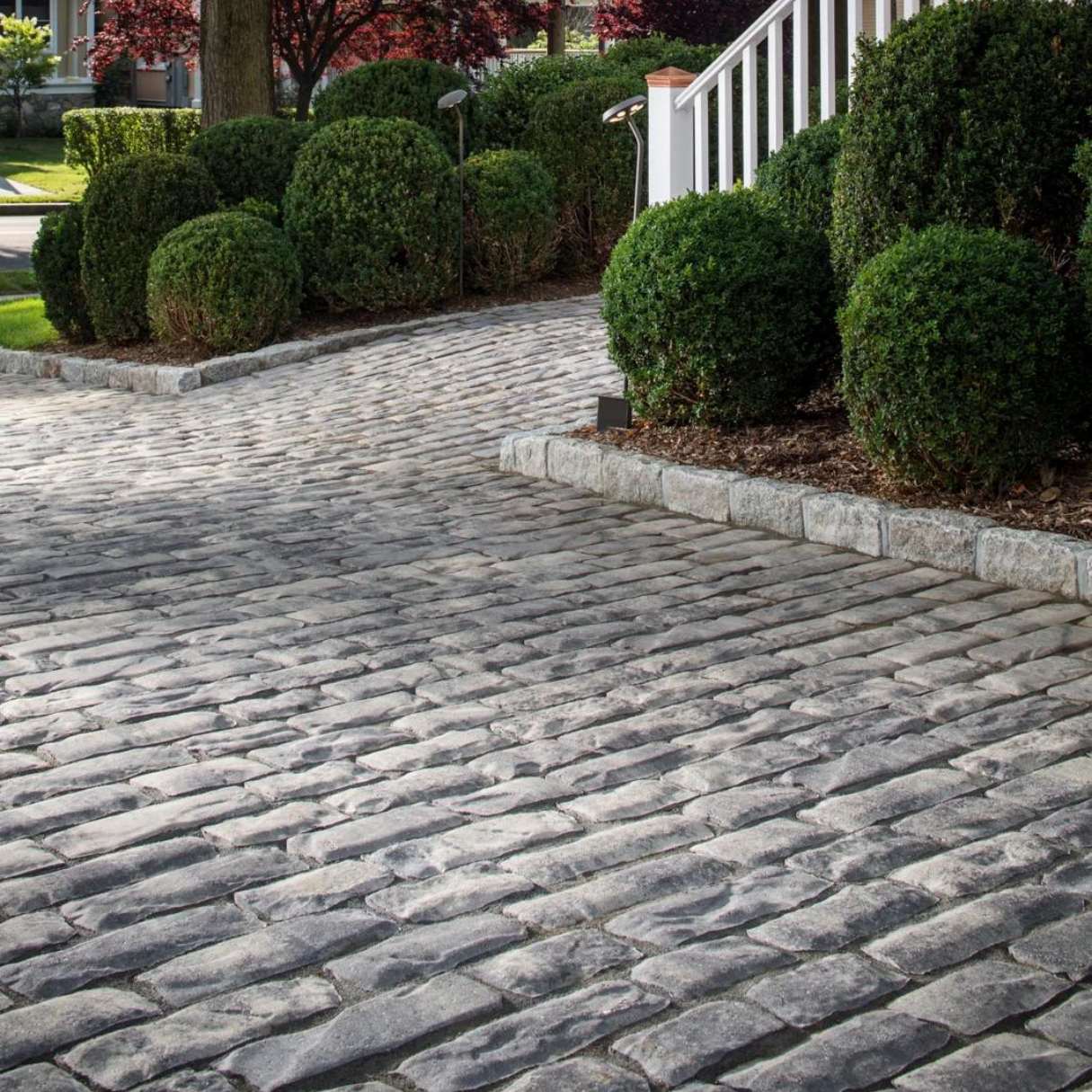
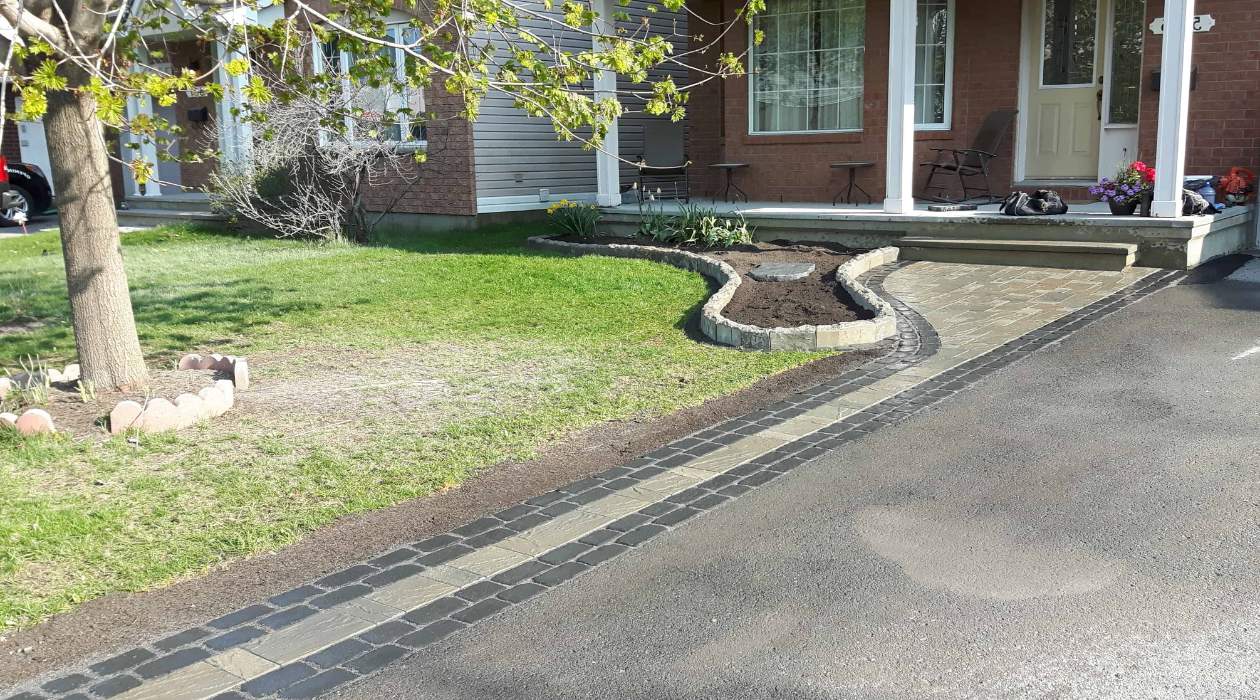
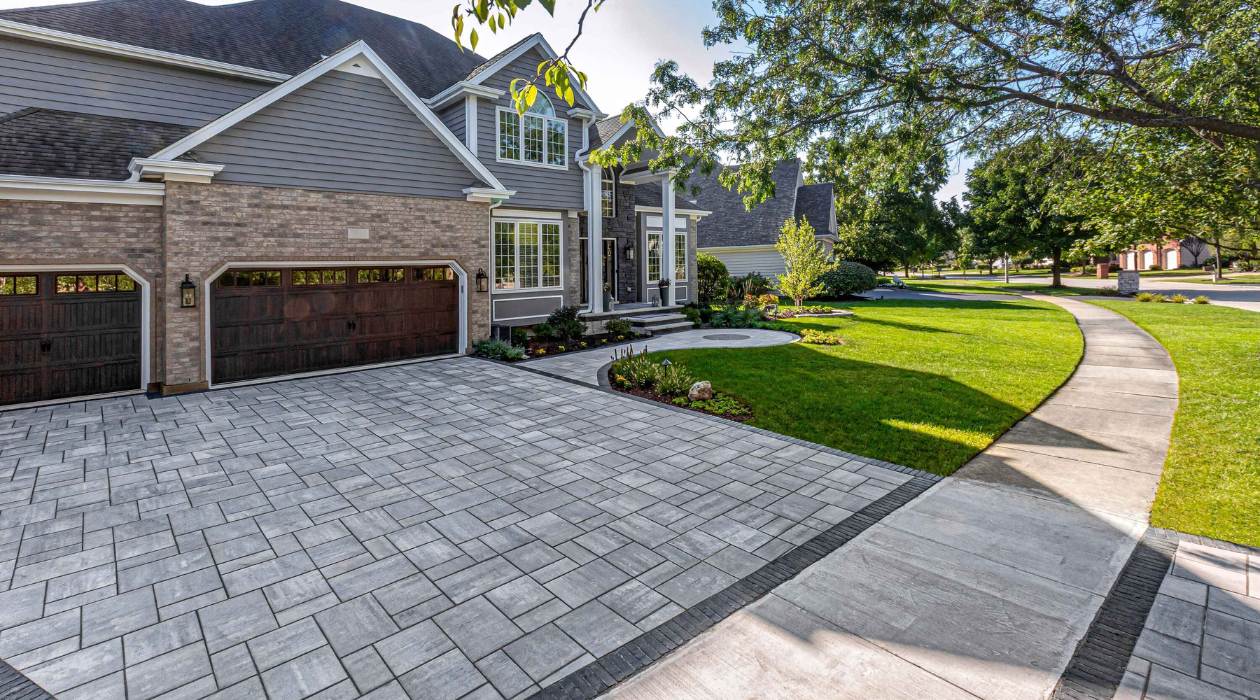
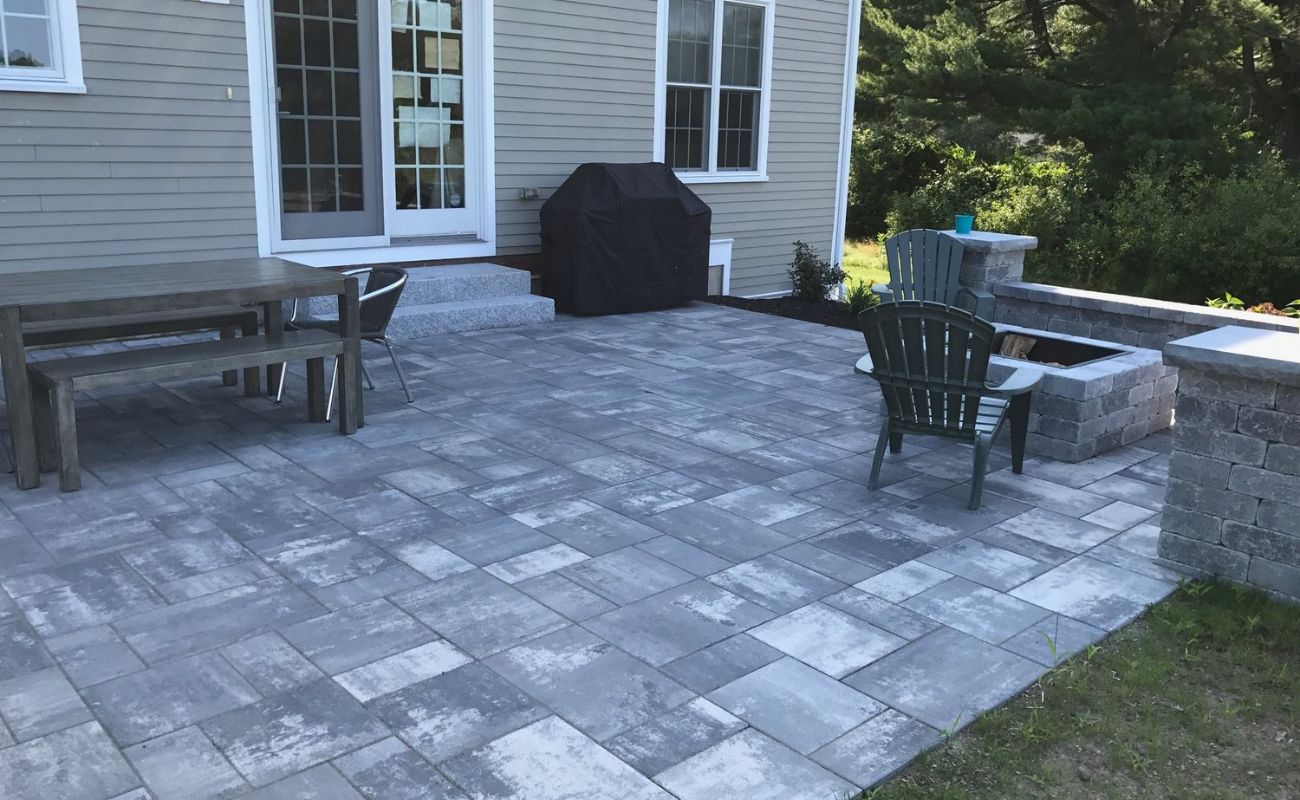
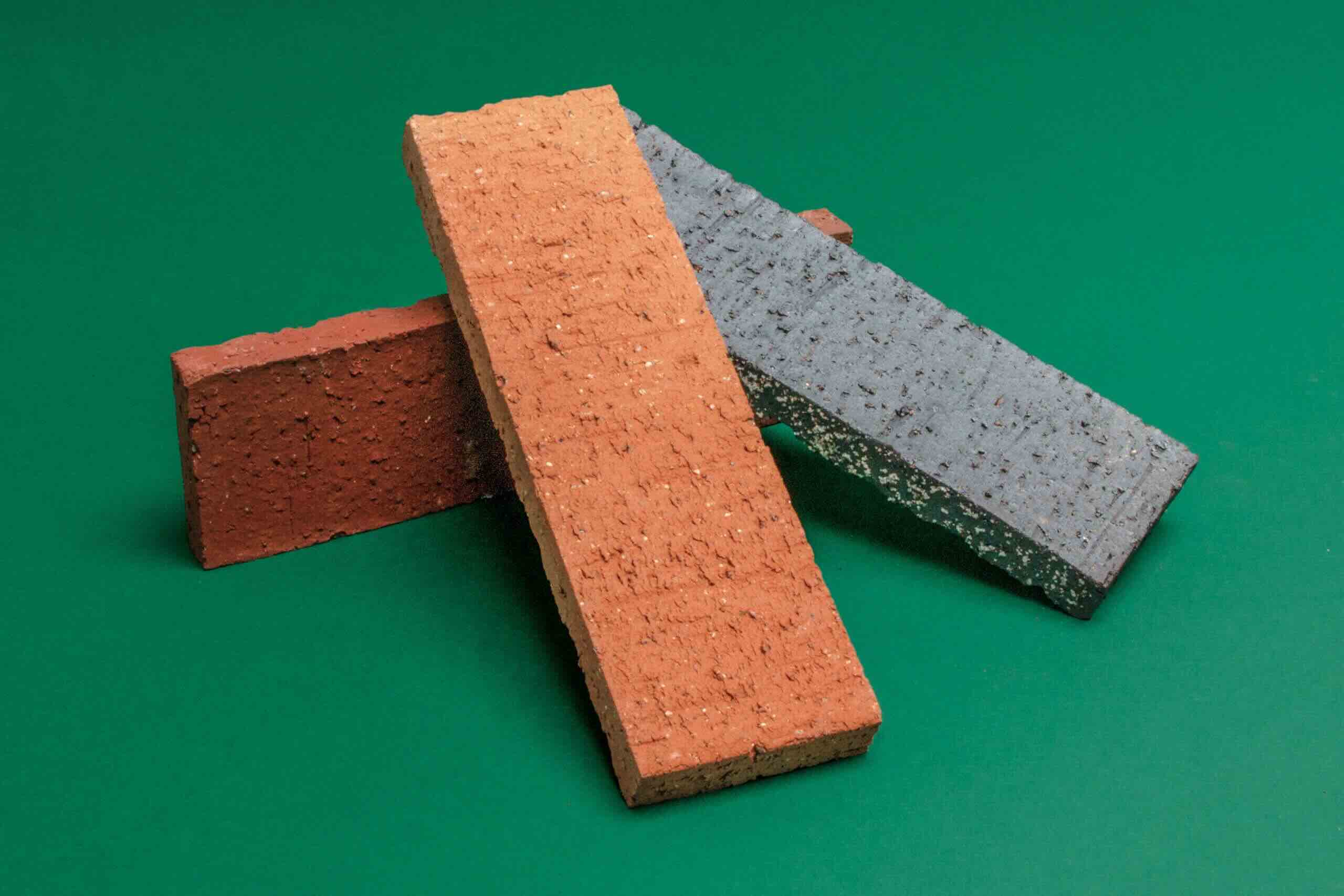
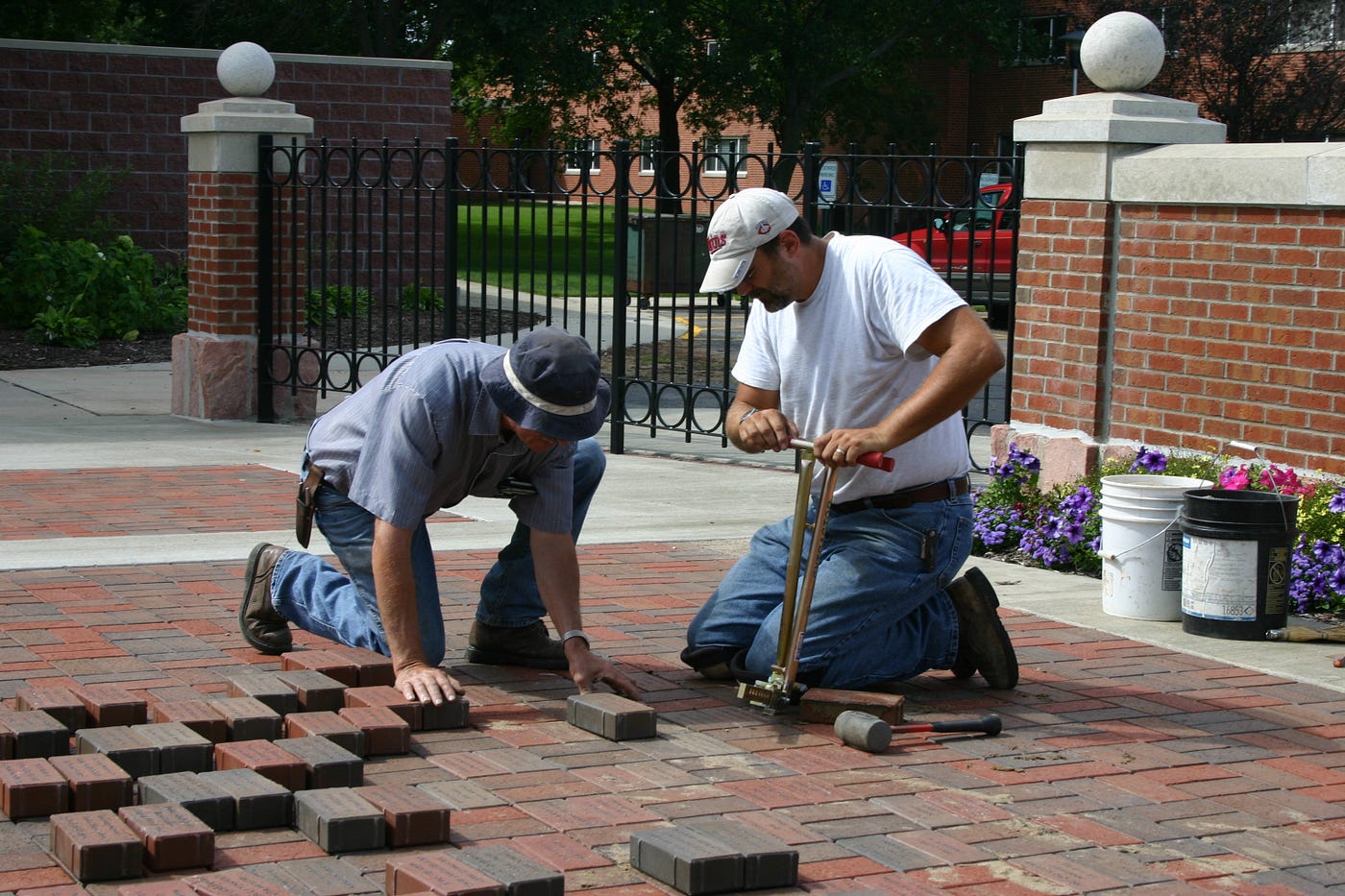
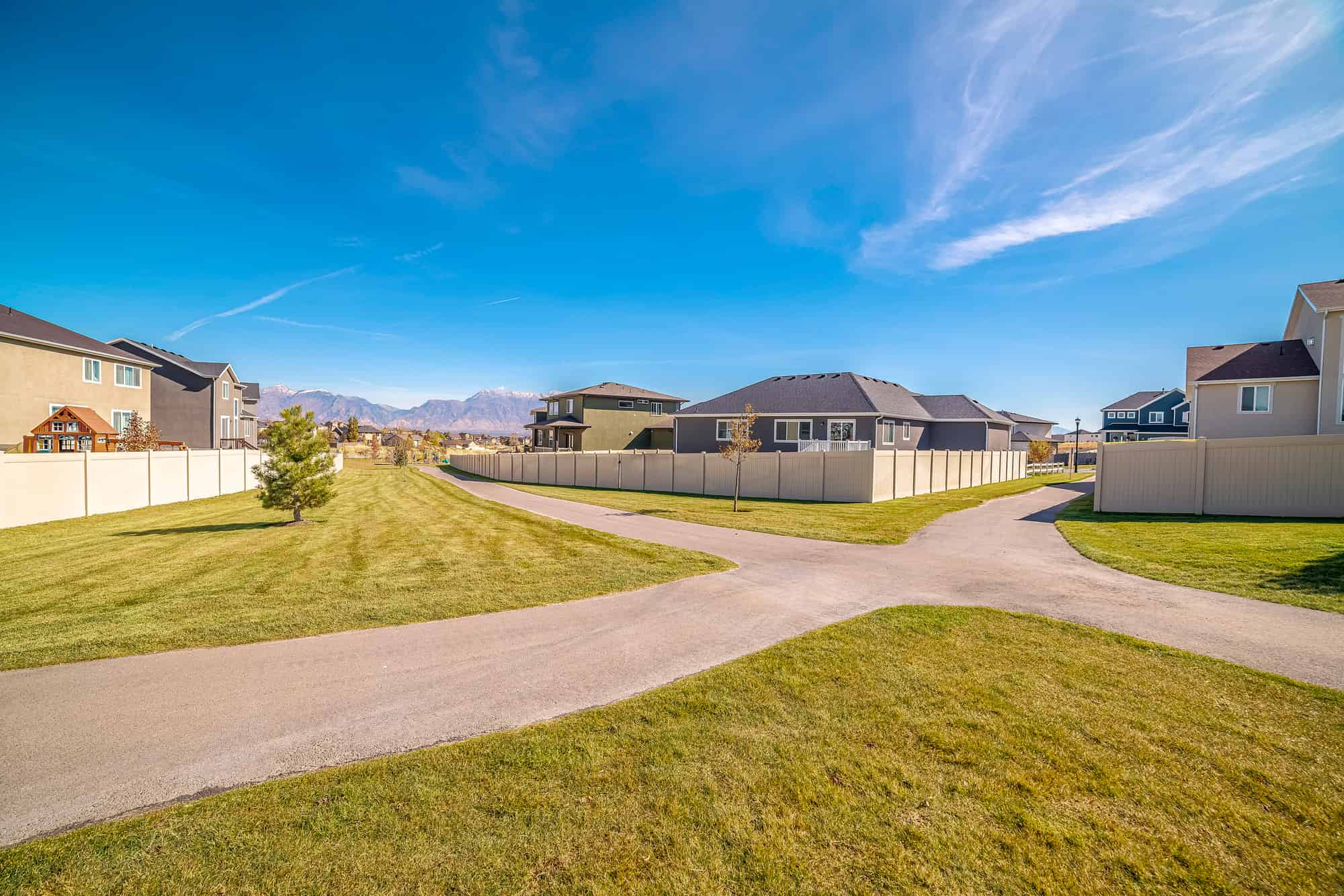
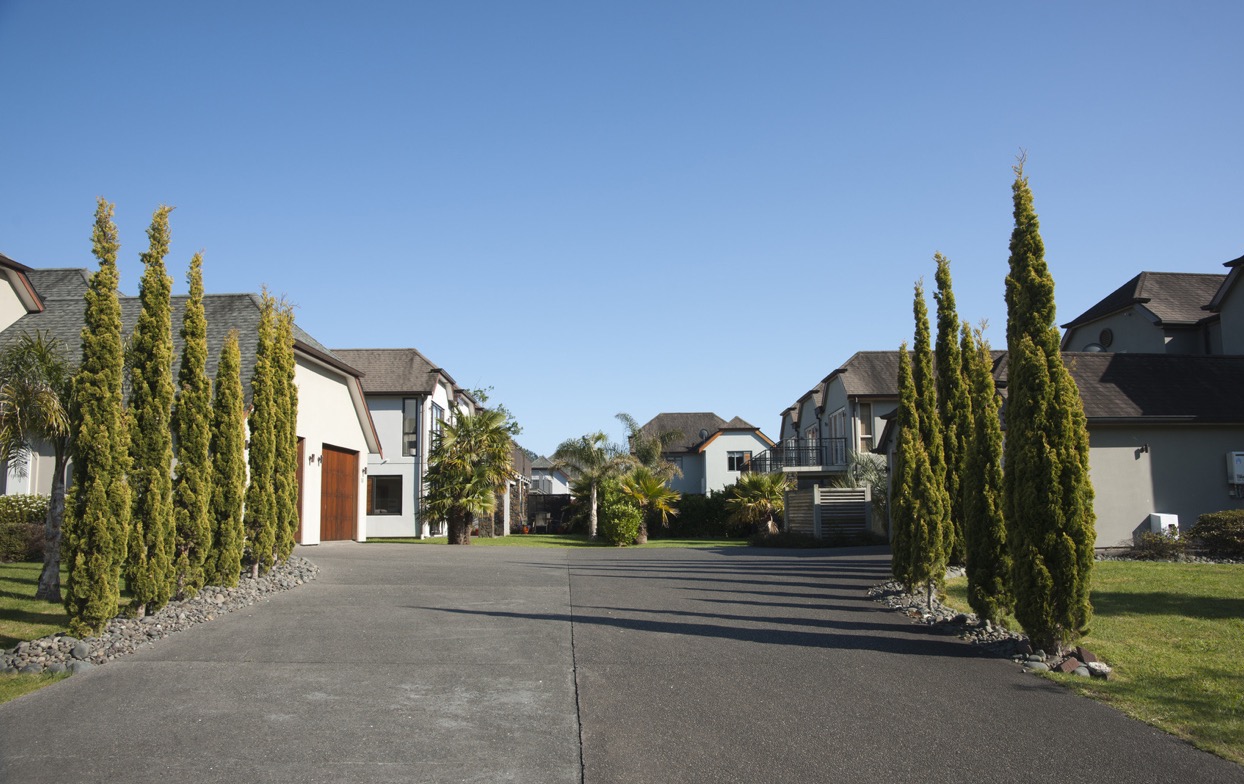
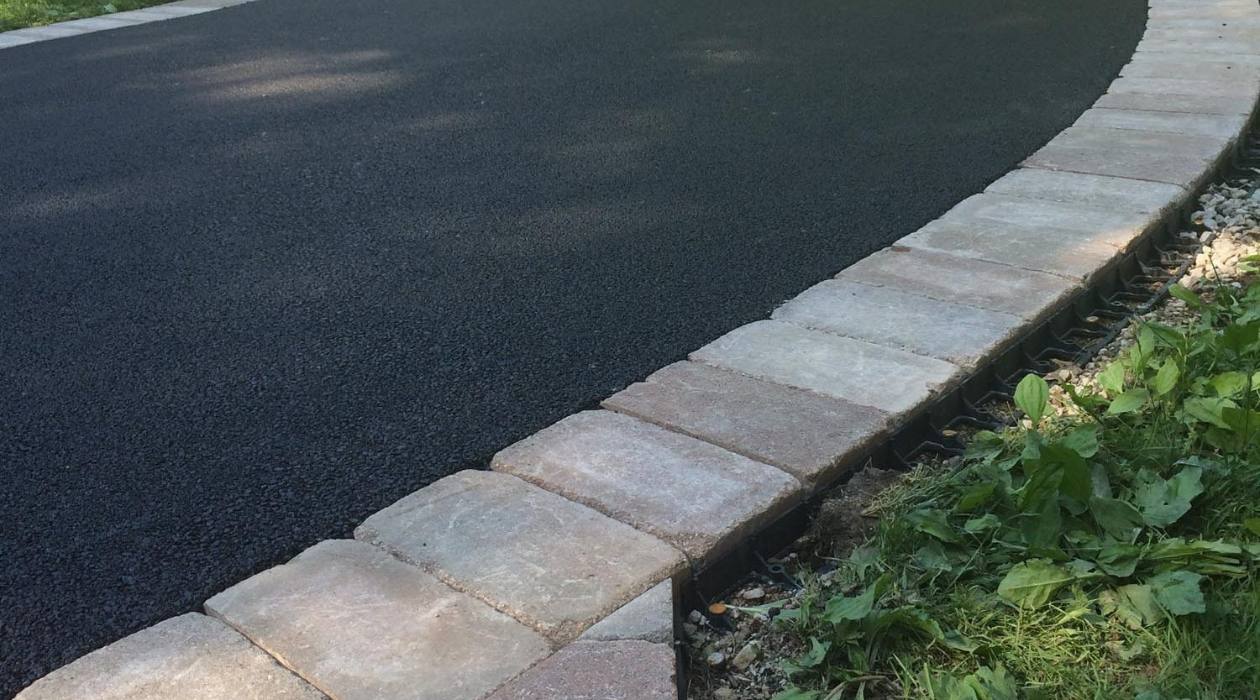
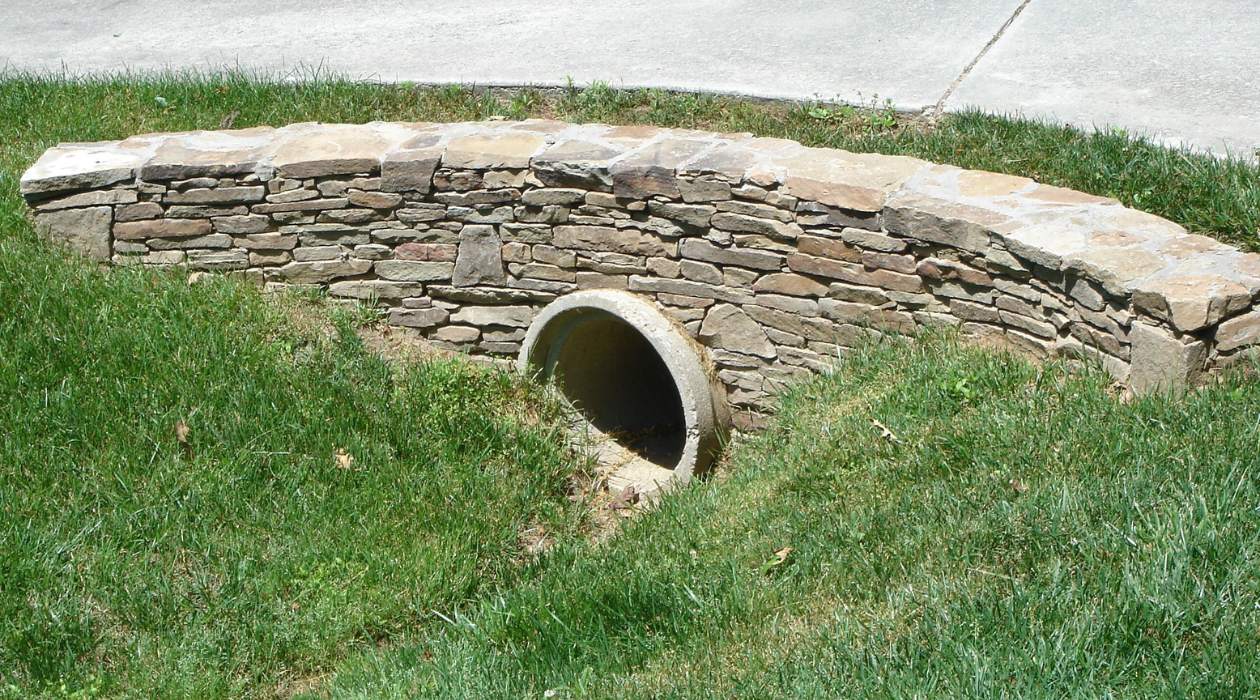
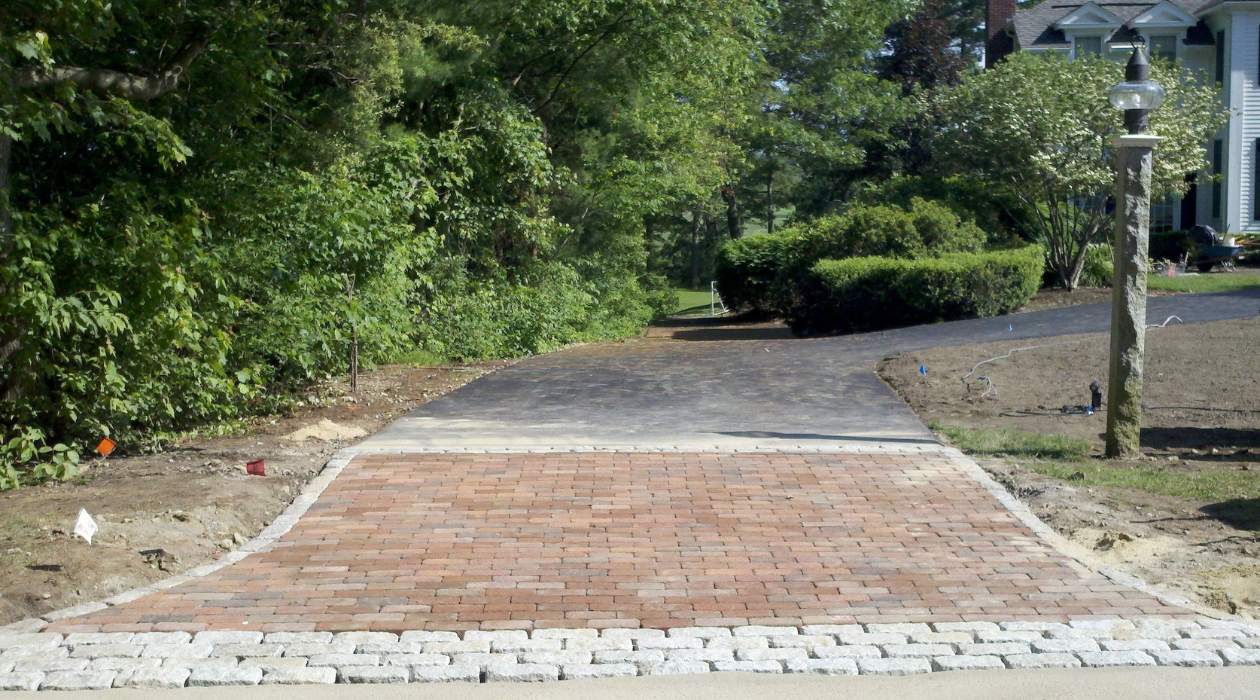
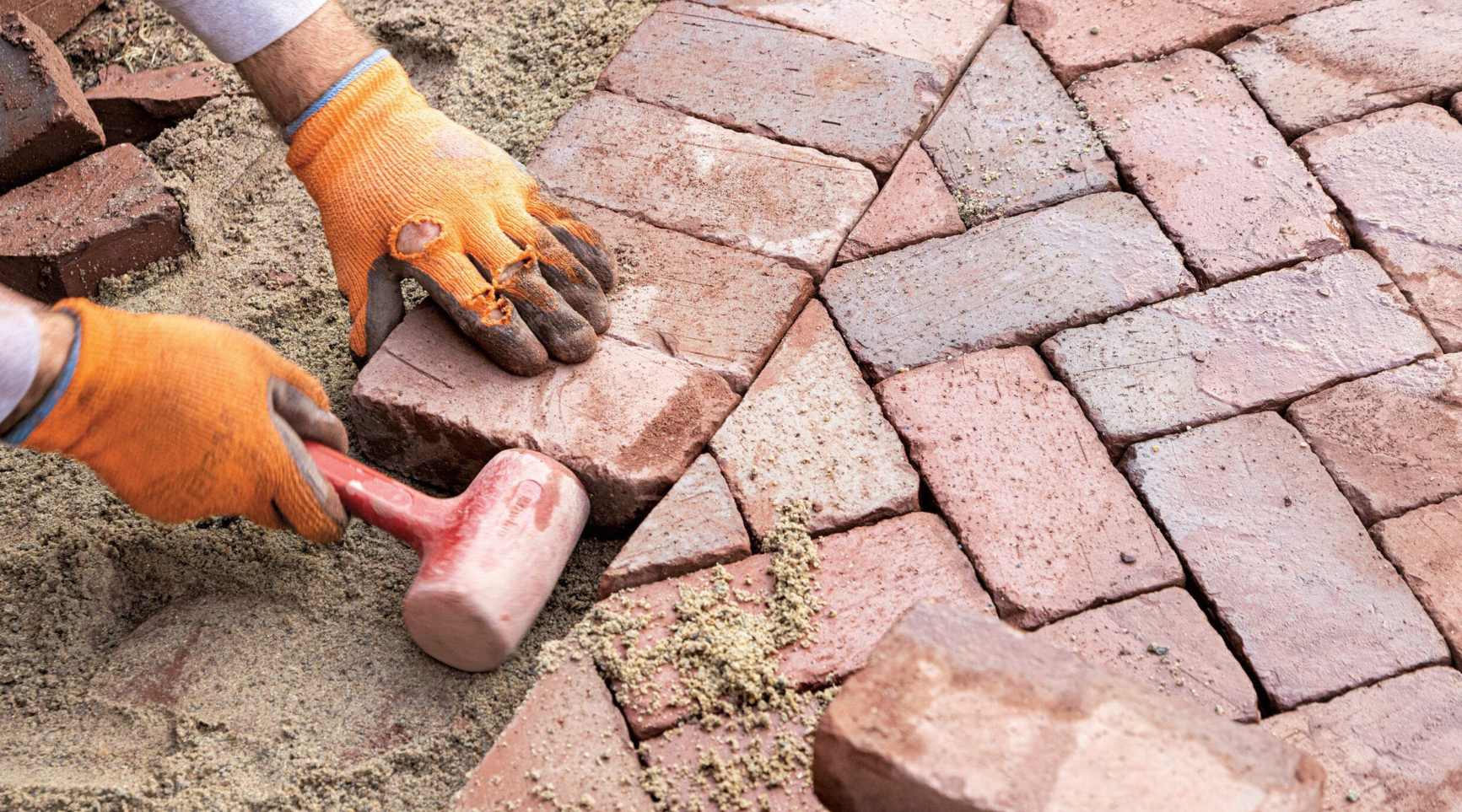
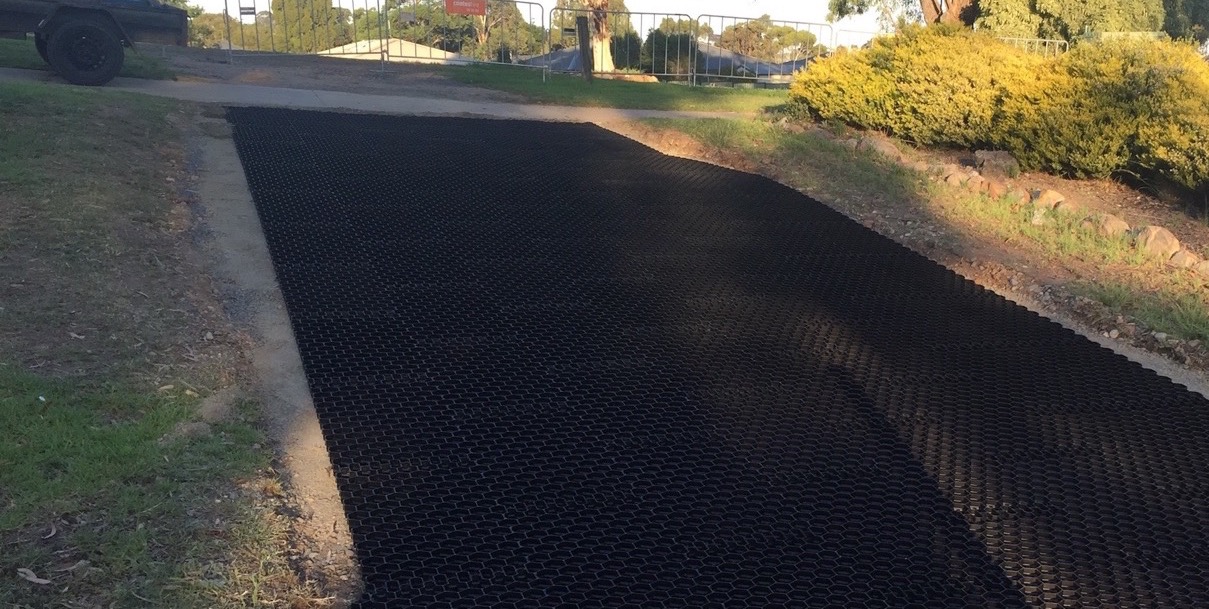
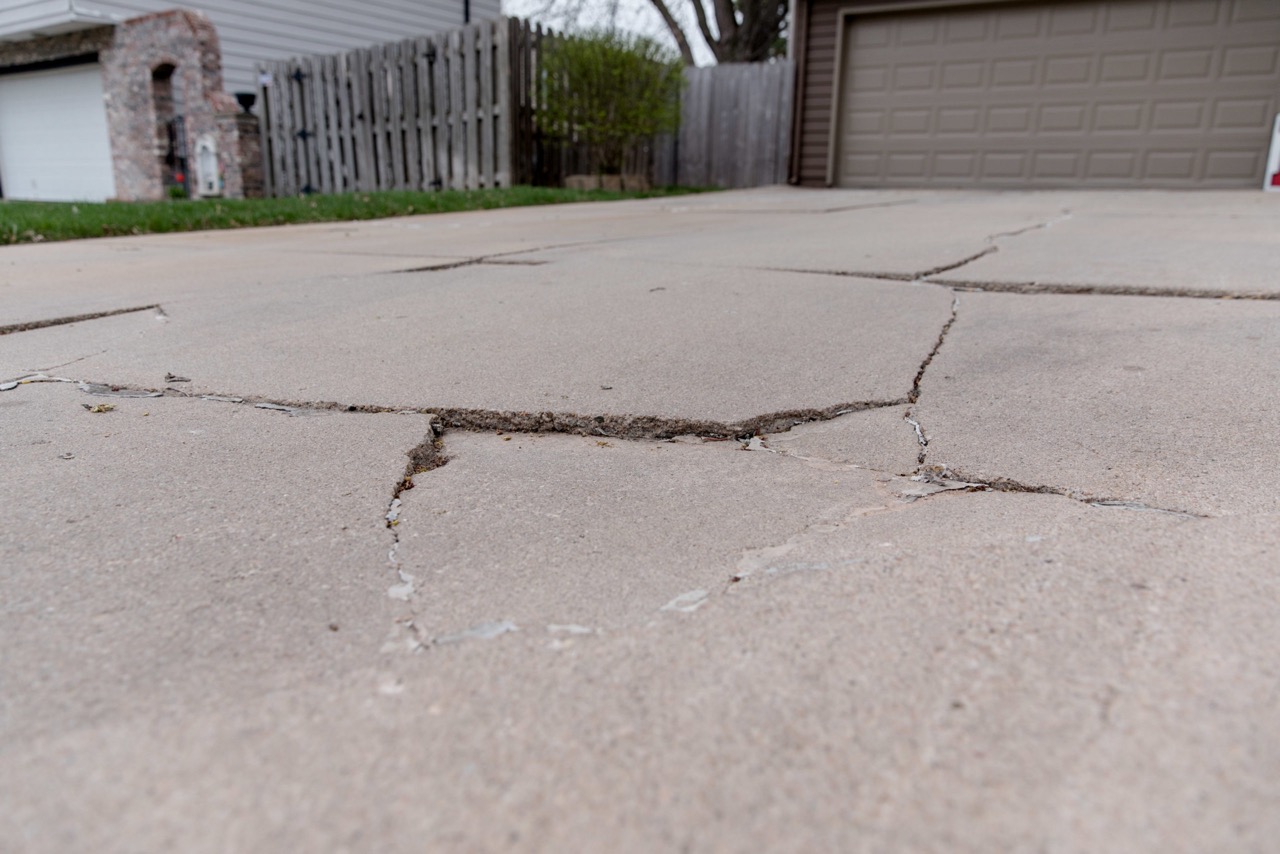

0 thoughts on “What Is A Paver Driveway”